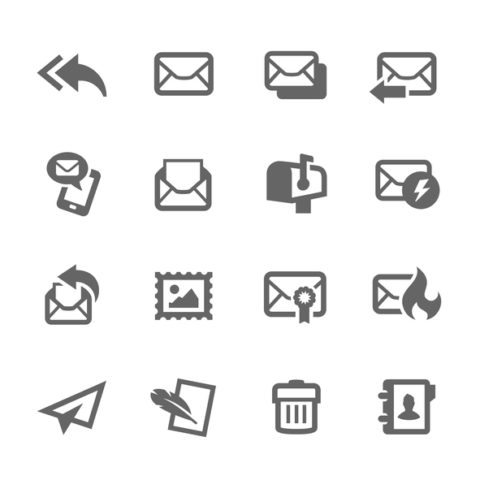
In November 2010, Facebook launched an email service designed to compete with the likes of Gmail and other major providers. With the rollout of the new service, all Facebook users received a customer profile URL and matching @facebook.com email address (I have to admit I was pretty excited when I managed to beat all the other Quintins to quintin@).
Initially imagined as a new email service would that would unify disparate social media and email platforms, the service never quite found its legs, despite promotion and fanfare. Finally, in February 2014, Facebook took the first major step to shutter the service by disabling most email functionality and forwarding all incoming messages to @facebook.com to the user’s primary, non-Facebook email address.
Today, the status quo of that forwarding is about to change: Facebook has announced that on May 1, 2016 their email service will be fully terminated, and messages sent to @facebook.com addresses will NOT be forwarded.
We recommend that you remove any recipients with @facebook.com addresses prior to May 1st to
avoid excessive bounces or other deliverability issues. If a large portion of your recipients use facebook.com addresses, or if you see solid engagement from facebook.com recipients, you may want to ask these recipients to provide a new email address. In addition to sending a campaign using our new
Marketing Campaigns feature set, you could also alert your customers via an in-app banner or other prompt to ask for an updated address.
This is also a good time to reflect on how the @facebook.com addresses found their way onto your list. Since the service never saw widespread adoption, we usually hear that the addresses landed on lists when Facebook profile data was used to pre-populate signup or registration forms.
In general, SendGrid strongly recommends against sending to addresses pulled from social media profiles. This is because the email addresses are often out of date or they aren't the primary addresses of the social media user. It's much better to ask the customer to provide or validate the address they wish to use for receiving messages. You also want to
never scrape addresses from social media profiles without the recipient’s permission. This not only violates SendGrid’s
Email Policy, but it could also get you
deny listed!
- Facebook is discontinuing forwarding for @facebook.com addresses on May 1, 2016.
- Drop these addresses from your list before they become a potential deliverability liability.
- If you don’t want to lose the recipients, ask them for an updated address before May 1st.
- Always ask recipients to confirm or provide their address before adding them to your list.
- This change only impacts @facebook.com addresses, not addresses used by Facebook employees.
To learn more about how to grow an engaged recipient list the right way, you should download our guide
How to Authentically Grow Your Email List.




